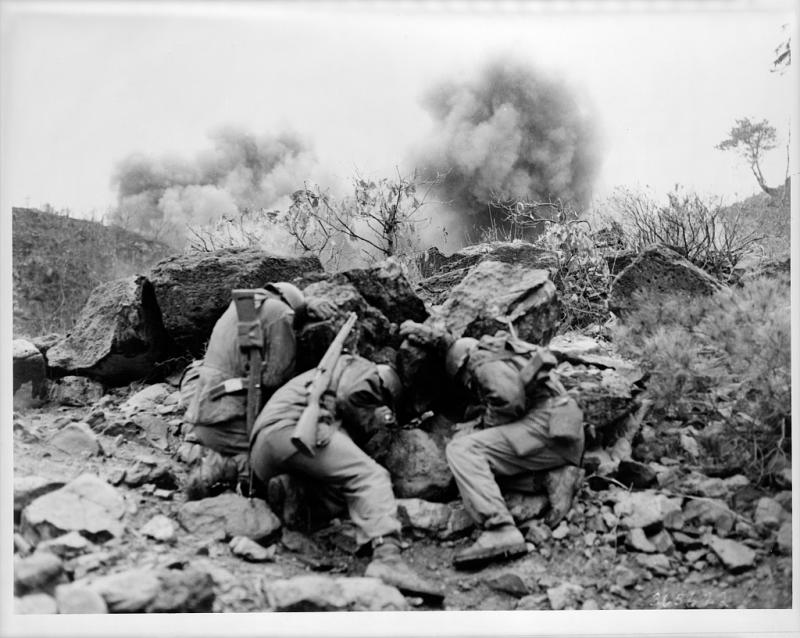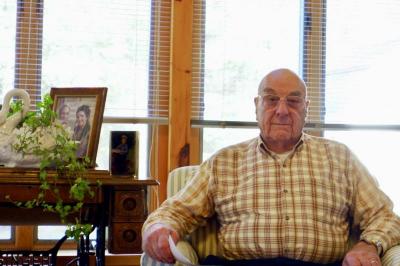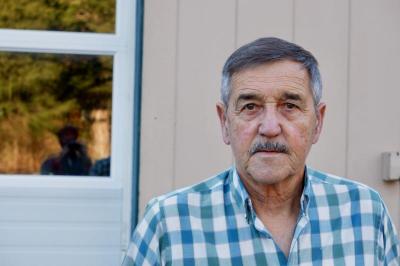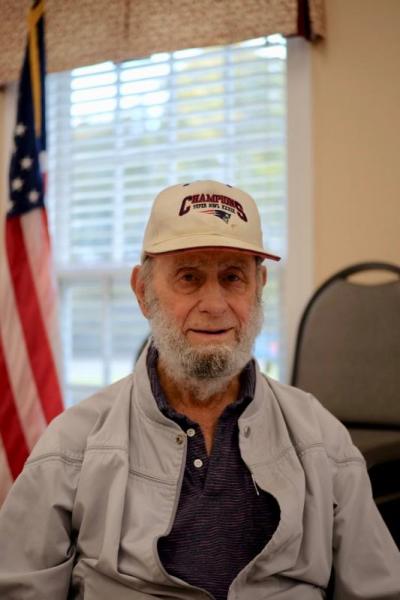Veterans reflect on trials, triumphs of war
It’s been 70 years since the start of the Korean War, and 65 years since the start of the Vietnam War. The Tri-Town won’t be able to honor its veterans in-person this year due to coronavirus regulations, so Sippican Week talked with those who fought, fixed and trained others during their time in service.
Joseph Napoli
Marion Veteran Joseph Napoli was drafted in late 1952 at the end of the Korean War. But he stayed on for 25 years to be treated more equally.
He said that as an Italian-American, he faced strong discrimination at the time.
“You kids don’t understand,” he said, how unequally certain American citizens were treated at the time.
And that unequal treatment was enough for Napoli to decide to stay in the military, all the way through and past the Vietnam War.
“I saw the opportunity to improve,” Napoli said. “To be treated equally on my merit rather than my ethnic background.”
But with that equal treatment came consequence for Napoli.
“It was horrific,” he said. “War is hell.”
Napoli said that the U.S. should never have been involved in the Vietnam war — a war in which he said the nation had no real vested interest fighting. But the country still sent thousands of soldiers to their deaths.
“It’s an indictment of the human race that we can’t solve our problems in a peaceful manner,” Napoli said.
He said that as the most advanced species, and the only one with the ability to speak, it’s pitiful that humans continue to resort to war and violence to sort out their differences.
“Nobody should be subjected to it,” Napoli said.
Napoli retired from the Army as a Colonel in 1977 after serving in Korea, Vietnam, Italy and Germany.
He said he had good, eye-opening experiences during basic training, and that he met good people while he was serving.
But above all that, Napoli said his best memory from 25 years of service was surviving Vietnam.
Barry Denham
For Mattapoisett Veteran Barry Denham, serving in the Military was a good way to see the world. But for him, that meant a lot more than state-sponsored travel.
It meant learning about other cultures, other people, learning how to be a better person, and learning about life itself.
Denham was drafted into Vietnam in 1969, where he spent a year as a combat engineer.
“I learned an awful lot,” Denham said.
He went through eight weeks of engineer training and 27 more classes of skill development before graduating as a Sergeant.
“The army and I did well together,” Denham said.
He said he could go on and on with stories of his time serving, and that he met a lot of strong, capable people along the way.
He learned about cooperation, teamwork, engineering and vehicle maintenance.
“My military experience was quite good,” Denham said.
But he said he realized that not everyone who has served has been as lucky as him, and that some experiences for other veterans were far worse.
“I’m just happy to be in a situation where it was a good situation most of the time,” Denham said.
He stayed in the reserves for 25 years after serving in Vietnam.
“It was a rewarding experience,” Denham said.
And at the end of it all, Denham said he got a good bit out of it.
“The pay wasn’t bad,” he said. “And I did earn a retirement.”
Conrad Bernier
Rochester Veteran Conrad Bernier had an usual role in the Army that a civilian wouldn’t exactly think to be a job: A dog trainer.
Bernier was drafted in the Army in 1952 at 21 and served for two years.
After going through basic training at Fort Harrison in Indiana, he saw a posting on a bulletin board looking for dog trainers.
Before he knew it, he was at Fort Carson in Colorado training K-9s for combat.
“It was fantastic,” Bernier said. “It almost got me to re-enlist,” he joked.
His day-to-day duties shifted constantly because there were new platoons coming in and out of the fort for training.
He recalled the many times a particular Sergeant at the base would have his well-trained dog mess with newcomers.
One time, a soldier questioned the dog’s sense of smell. So the Sergeant told everyone in the room to throw their hat into a corner.
The dog was so well-trained that he was able to smell the Sergeant’s hat in the mix of everyone else’s.
The Sergeant’s response? “You go find your own hats.” Bernier said they spent hours trying to figure out which one belonged to each person.
“They were good at what they did,” Bernier said of the dogs.
And his training skills were useful when he returned home.
He grew up on a farm that had a dog that was used to corral cows.
The dog had a habit of trying to bite the cows’ heads, but with Bernier’s training skills, he was slowly able to break the dog of the habit.
Eventually, he was able to have the dog single out a cow in the field and bring it back in, no matter how long it took.


















